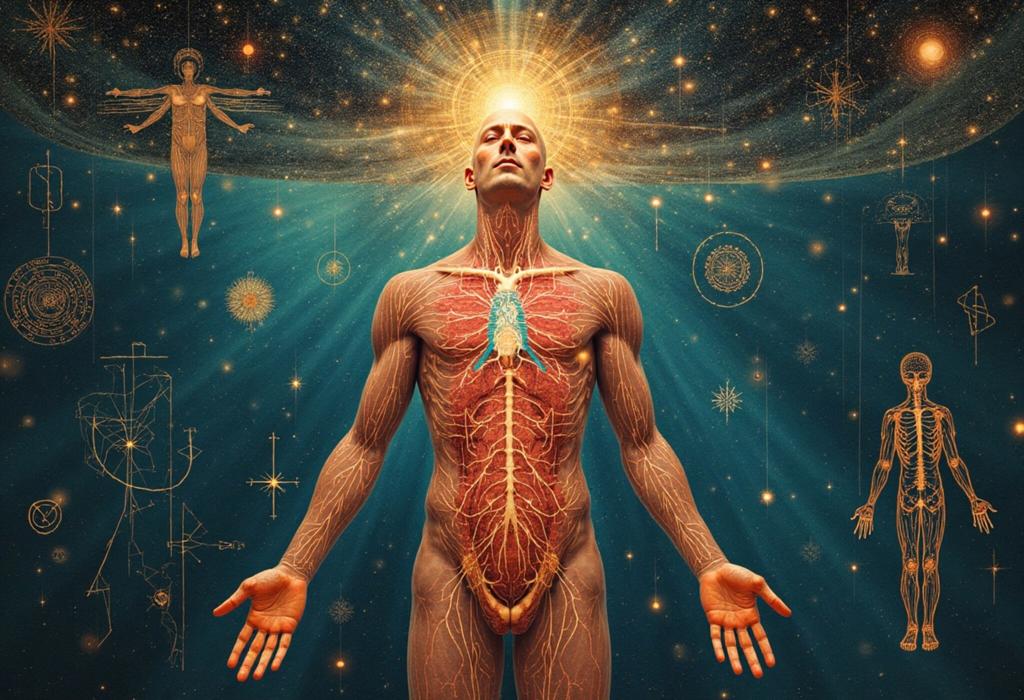For more details on this content, please review the step-by-step guide and frequently asked questions.
Uncovering the Causes of Night Sweats

Step-by-Step Guide
Introduction to Night Sweats
Night sweats are episodes of excessive sweating that occur during sleep. They can vary in severity and may be accompanied by other symptoms. Understanding what night sweats are will help us explore their causes.
Recognizing Symptoms
Apart from sweating during the night, individuals may experience damp linens, feelings of anxiety, and trouble sleeping. Recognizing these symptoms helps establish whether they are mild or cause for concern.
Common Causes of Night Sweats
Night sweats can be caused by various factors, including hormonal changes (such as during menopause), certain medications, infections, and diseases. We will delve into each category for a deeper understanding.
Hormonal Changes
Hormonal fluctuations, particularly in women during menopause or perimenopause, are significant contributors to night sweats. These changes affect the body's internal temperature regulation.
Medications That Cause Night Sweats
Certain medications, like antidepressants, hormone therapy drugs, and drugs used to control blood pressure, can have night sweats as a side effect. A discussion with healthcare professionals can provide alternatives if needed.
Infections Leading to Night Sweats
Infections such as tuberculosis, HIV/AIDS, and bacterial infections often cause night sweats. Understanding these potential infections can help with timely diagnosis and treatment.
Chronic Illnesses and Night Sweats
Conditions like cancer, hyperthyroidism, and autoimmune disorders can result in night sweats. Exploring these chronic illnesses can clarify how they affect body temperature regulation.
Lifestyle Factors and Heat Sensitivity
External factors such as room temperature, bedding materials, and clothing can contribute to night sweats. Identifying these factors can provide simple solutions, such as using breathable fabrics.
When to Seek Medical Attention
If night sweats are frequent, severe, or accompanied by other worrying symptoms, it’s essential to seek medical advice. Early diagnosis can help manage underlying issues effectively.
Diagnosis of Night Sweats
Doctors may conduct a physical exam, take health history, and run tests to determine the cause of night sweats. Understanding the diagnosis process prepares individuals for what to expect.
Treatment Options
Depending on the cause identified, treatments may include lifestyle changes, medications, or therapy options. We’ll outline various treatment avenues based on cause.
Home Remedies for Managing Night Sweats
Natural remedies such as herbal teas, breathing techniques, and avoiding certain foods can be effective for some individuals in managing night sweats.
Sleep Hygiene Tips
Practicing good sleep hygiene can help improve sleep quality and reduce the impact of night sweats. Tips will include setting a comfortable sleeping environment and maintaining a consistent sleep schedule.
Final Thoughts
Understanding the causes of night sweats can empower individuals to take control of their situation. A proactive approach combined with professional advice is crucial for effective management.








